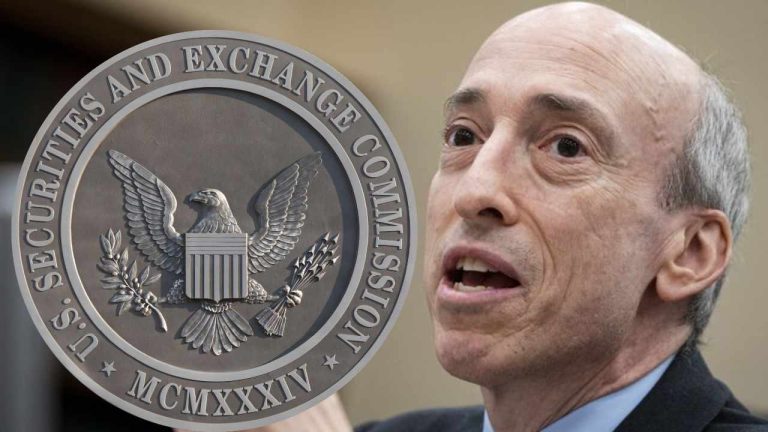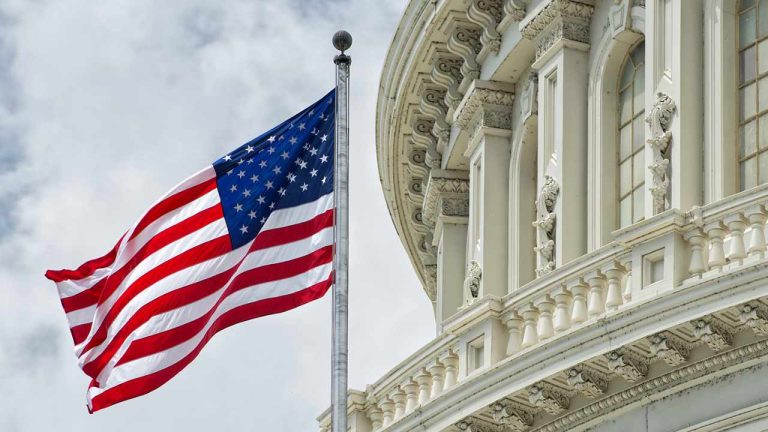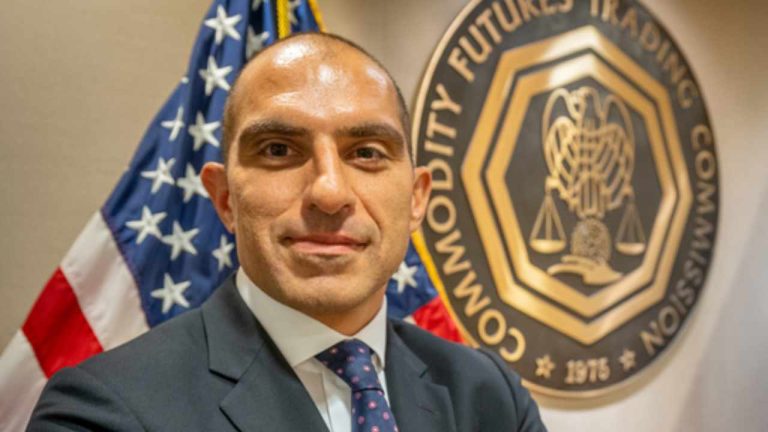
The FTX founder said a knowledge test for derivative retail customers “could make sense” but it doesn’t need to be specific to crypto.
The founder and CEO of cryptocurrency exchange FTX, Sam Bankman-Fried has backed the idea of knowledge tests and disclosures to protect retail investors but said it shouldn’t just be crypto-specific.
Bankman-Fried tweeted his thoughts in response to an idea floated by the Commodities Future Trading Commission (CFTC) commissioner Christy Goldsmith Romero on Oct. 15, saying the establishment of a “household retail investor” category for derivatives trading could give greater consumer protections.
Romero said due to crypto, more retail investors are entering the derivatives markets and called for the CFTC to separate these investors from professional and high-net-worth individuals and have “disclosures written in a way that regular people understand or could be used when weighing rules on the use of leverage.”
Derivatives trading is when traders speculate on the future price of an asset, such as stock, commodities, fiat currency, or cryptocurrency through the buying and selling of derivative contracts, which can involve leverage.
The FTX founder said he “100%” agrees with mandating disclosures and knowledge tests for all Future Commissions Merchants (FCMs) and Designated Contract Markets (DCMs) who face retail traders, adding it “could make sense.”
He added however that it doesn’t “necessarily make sense” for the disclosures and tests to be specific to cryptocurrencies, suggesting these should apply to all derivative products.
DCMs are CFTC-regulated derivate exchanges on which products such as options or futures are offered which can only be accessed through an FCM, which accepts or solicits buy and sell orders on futures or futures options contracts from customers.
Bankman-Fried’s comments come as FTX.US, FTX’s United States-based entity, looks to launch cryptocurrency derivatives trading and the exchange has already created a knowledge test that could be used for its platform according to Bankman-Fried.
Related: CFTC action shows why crypto developers should get ready to leave the US
The CFTC is ramping up its efforts to become the regulator of choice for the U.S. crypto market as calls for regulatory clarity become more persistent.
On Sept. 27 CFTC Commissioner Caroline Pham said the regulator should create a crypto retail investor-focused office to expand its consumer protections, the proposed office would be modeled off a similar office at the Security and Exchange Commission (SEC).









